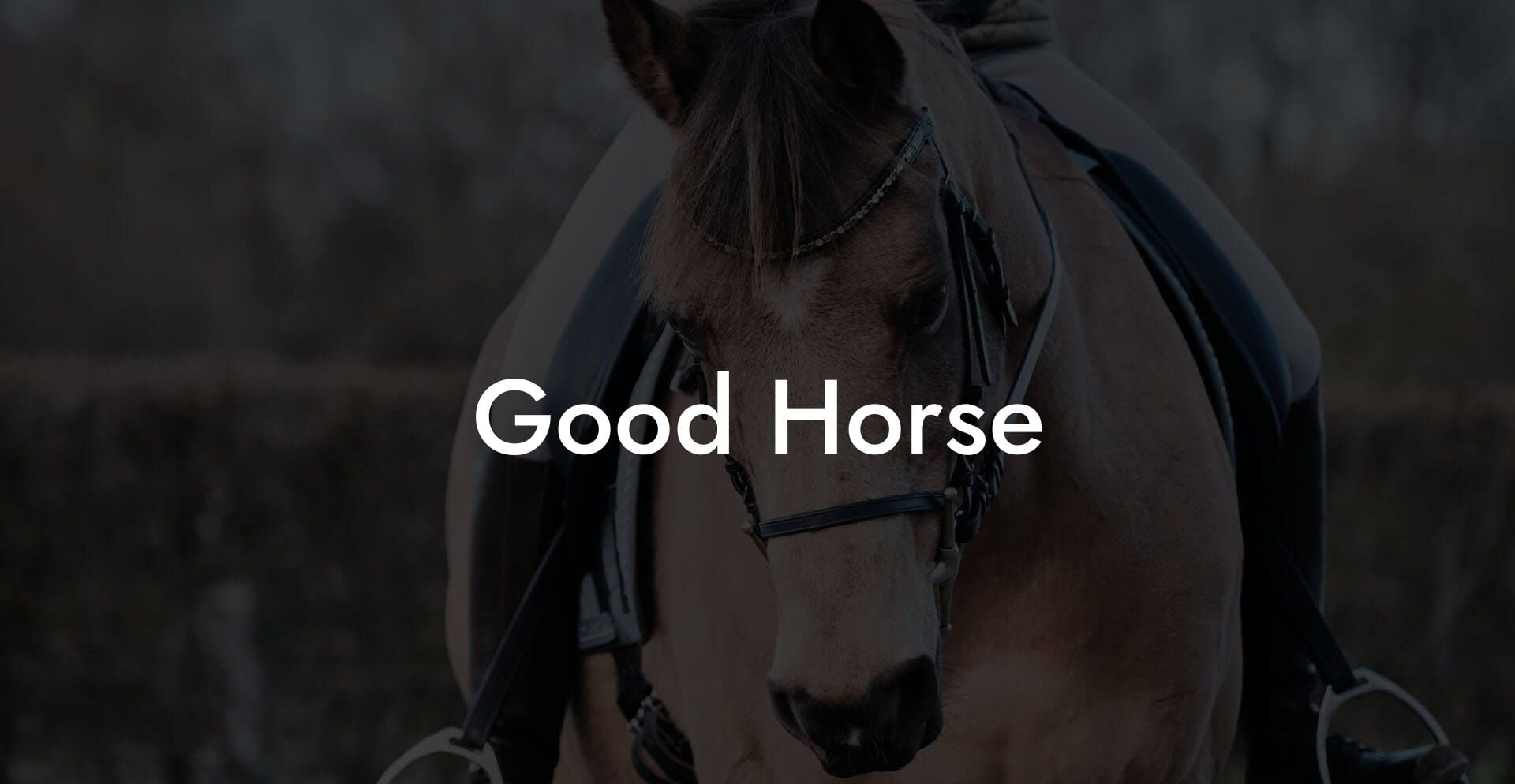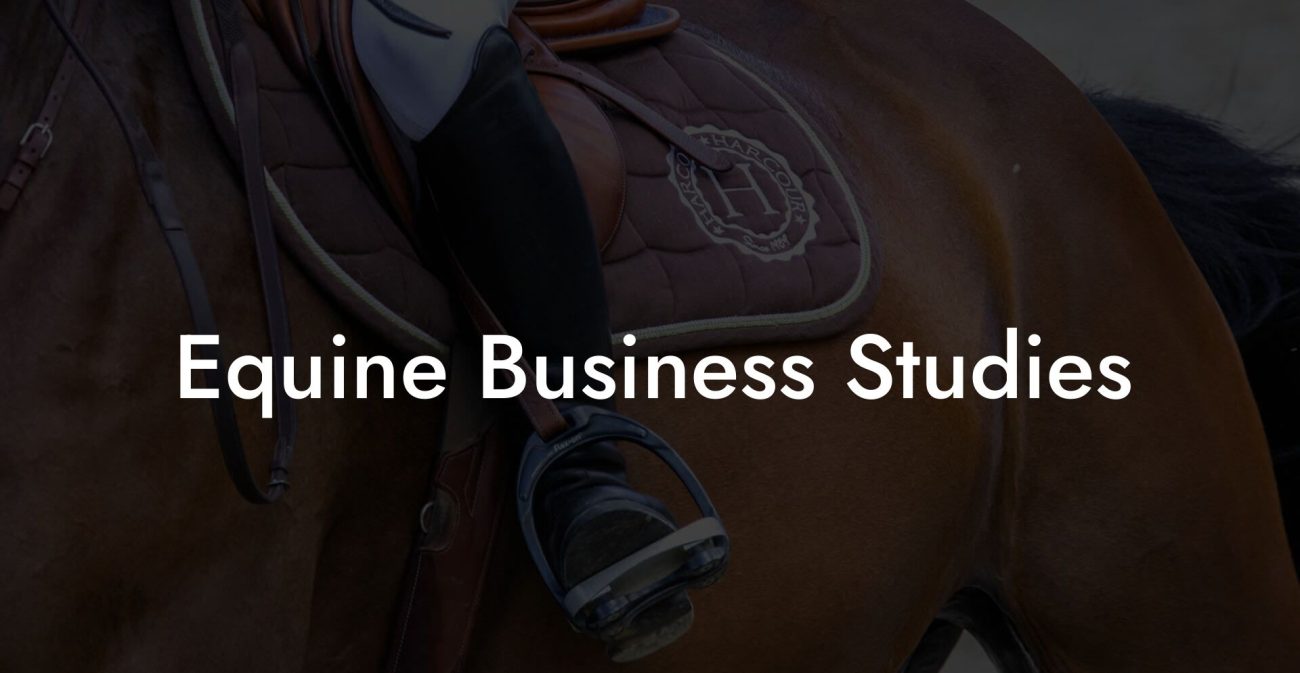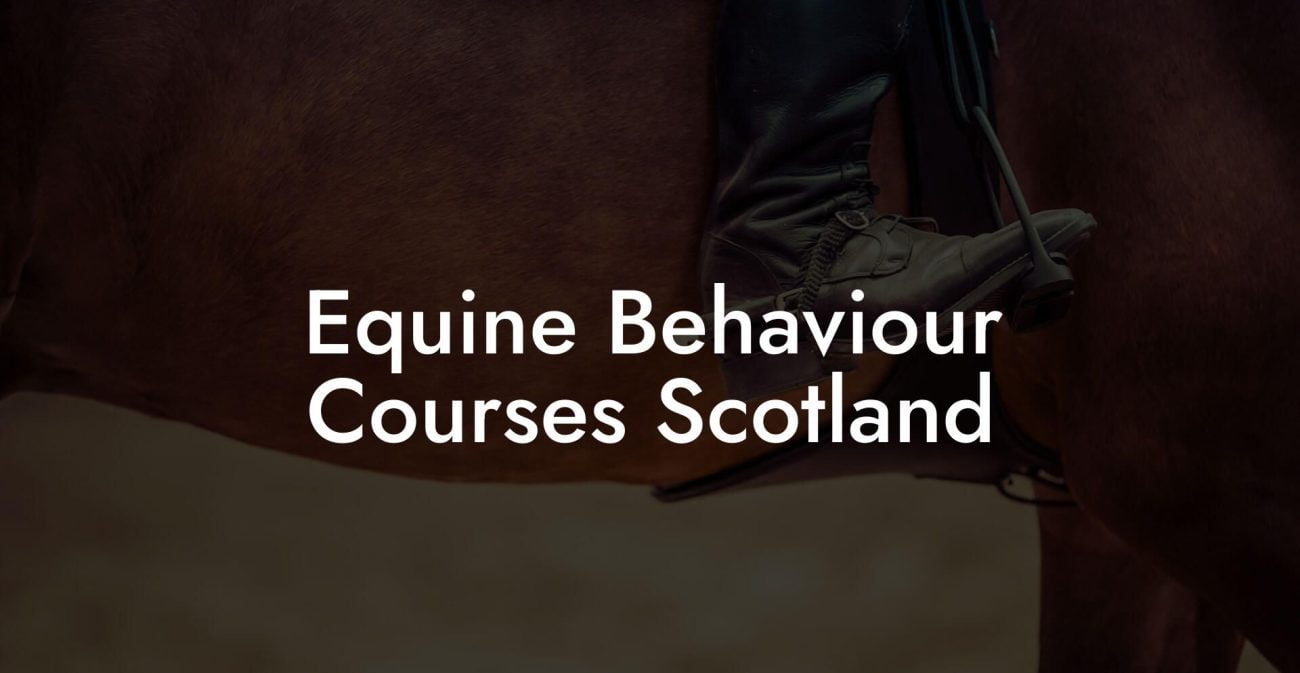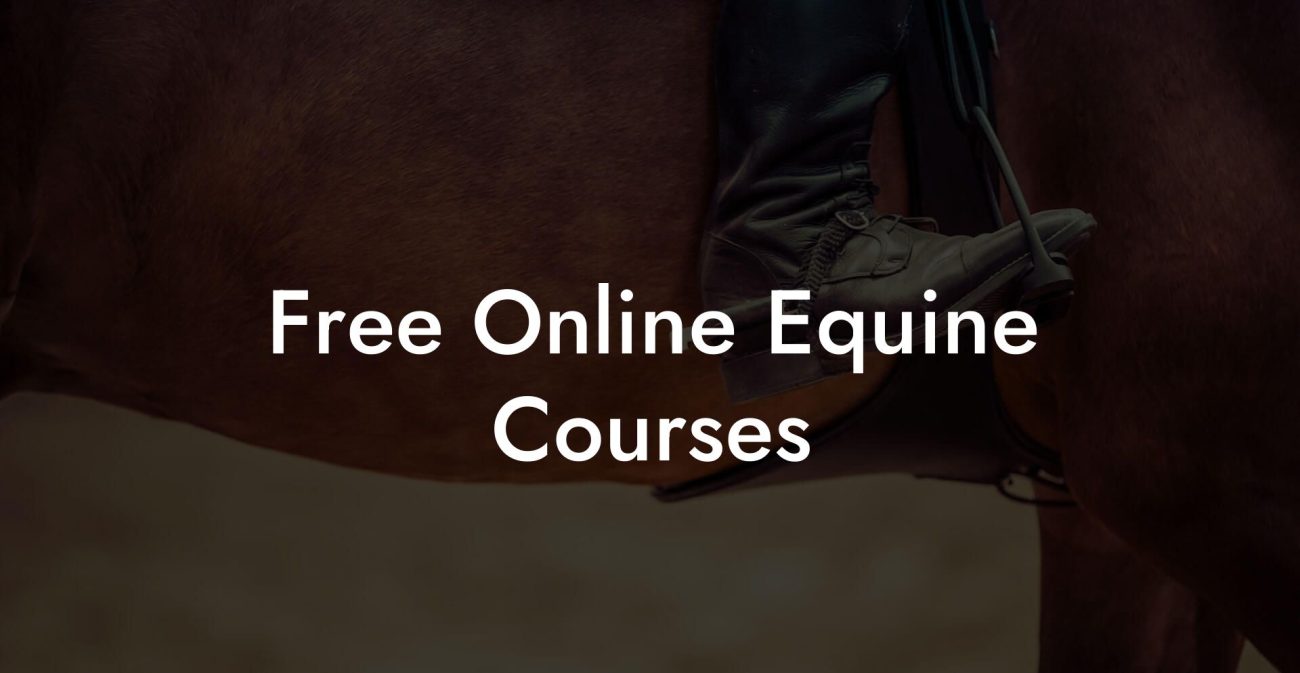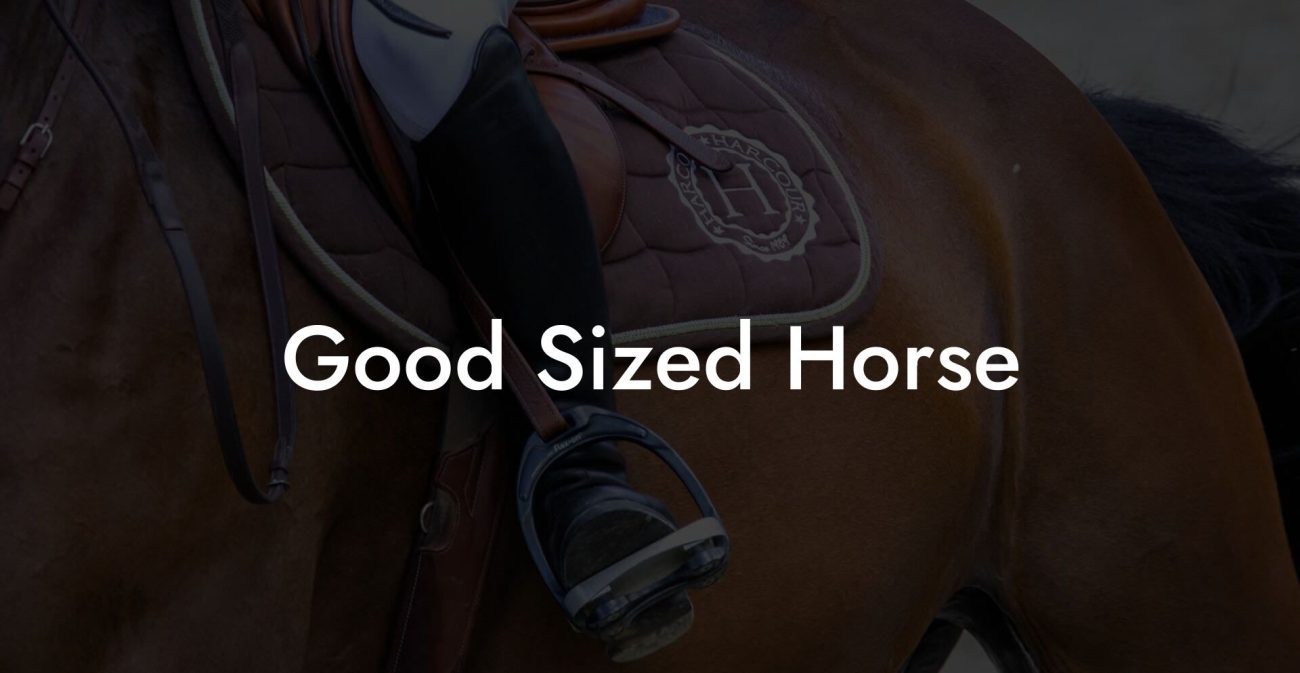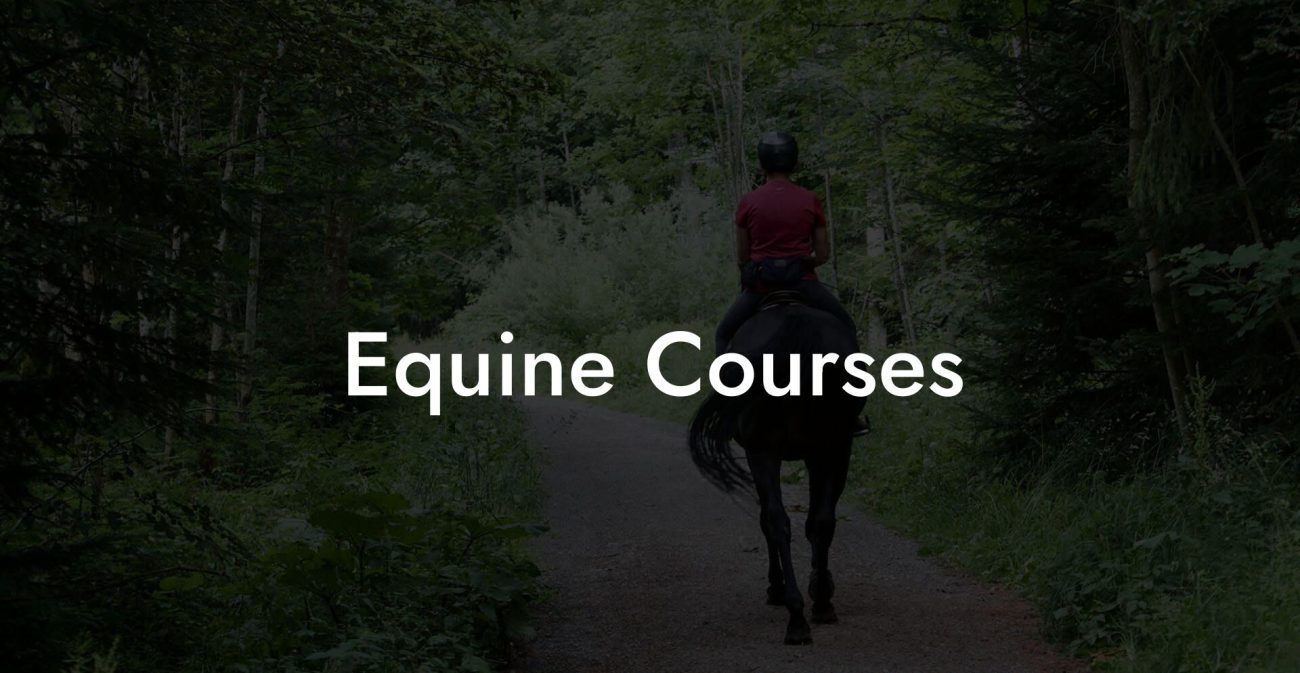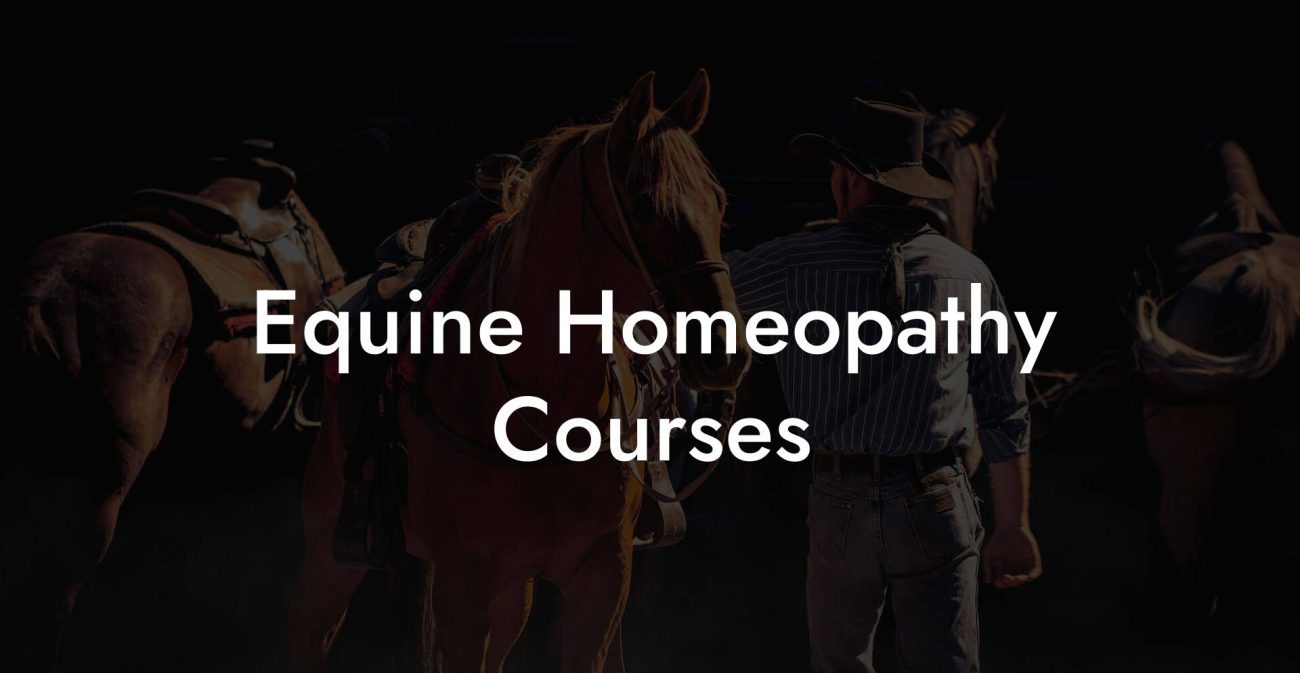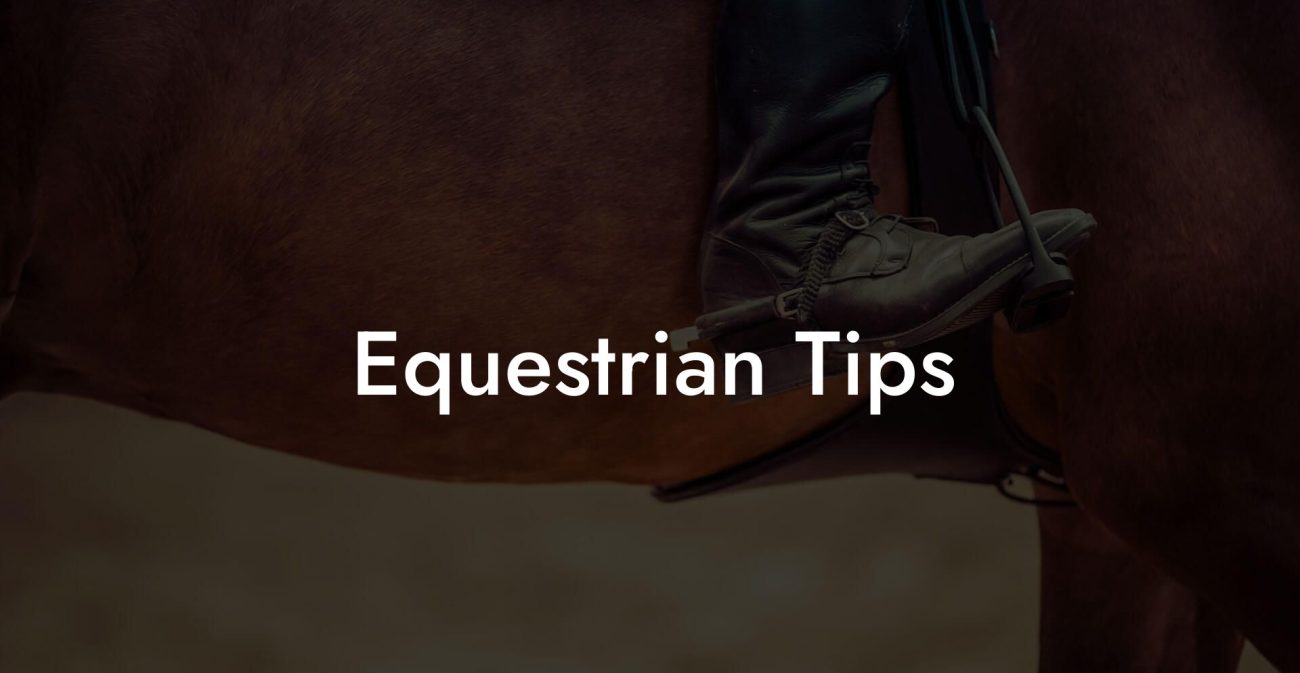---
Good Horse Table of Contents
Horse ownership is both an incredibly rewarding and challenging experience. As any equestrian enthusiast would agree, not every horse is the same, and finding a good horse to own requires patience, perseverance, and a keen understanding of the qualities that make up the perfect equine companion. In this article, we will explore the essential qualities that define a good horse and provide helpful tips to guide you in finding your perfect match - a horse that will not only meet your specific needs but will also develop a lasting bond with you.
1. Temperament
One of the most crucial aspects to consider when searching for a good horse is its temperament. Is the horse calm or does it display aggressive behaviors? A good horse should have a relaxed and willing disposition, enabling both beginner and experienced riders to handle it with ease.
2. Trainability
EquinTraining plays a vital role in horse ownership e experts often emphasize the importance of a horse's trainability in determining its potential for a successful partnership with a rider. Horses with high trainability are eager to learn and respond well to instructions, making them adaptable and versatile for various types of riding disciplines.
3. Conformation
While a horse's physical appearance may not necessarily determine its ability, assessing its conformation is useful in predicting potential health issues and overall performance. A good horse should have a balanced, proportionate structure with no evident deformities that might lead to lameness or other health problems. This includes having a strong back, well-developed muscles, and properly aligned legs.
4. Age and Experience Level
Age and experience level are also essential factors to consider in finding a good horse. While young, green horses may be a suitable option for experienced riders who have the time and resources to invest in training, beginner riders or those with limited time may benefit from an older horse with more experience and a well-established skill set.
5. Health
A healthy horse will be able to perform better, live a more comfortable life, and be capable of forming a lifelong bond with you. It is important to evaluate the overall health of a horse, including checking for signs of illnesses or injuries, ensuring they are up-to-date with their vaccinations, and that they exhibit a clean bill of health in a pre-purchase exam conducted by a veterinarian.
Good Horse Example
Imagine you are shopping for your first horse. You have little riding experience and are looking for a novice-friendly horse to grow your skills. Upon visiting a local stable, you meet two horses for sale.
Horse A is an eight-year-old gelding with a calm temperament, well-suited for beginners. He has a balanced conformation, a clean bill of health from a veterinarian, and a history of success in dressage competitions.
Horse B, on the other hand, is a four-year-old mare with a more energetic personality. Though she is still learning, trainers report that she is a fast learner and shows great promise in jumping disciplines. The mare, however, displays signs of discomfort when walking, which indicates the need for a thorough vet examination.
In this case, Horse A's qualities align more closely with your experience level and requirements, making it the better choice for a good horse to own and establish a long-lasting partnership.
Finding a good horse can be an exciting, albeit a challenging process. Remember that each horse is unique, and the qualities considered "good" will be different for every rider or owner. By focusing on the factors, we discussed - temperament, trainability, conformation, age, and health - you will be better equipped to make an informed decision and find a horse that perfectly matches your needs.
Do you have any valuable tips or experiences in finding a good horse to share? Spread the love by sharing this article with your fellow equine enthusiasts and explore more in-depth guides on horse ownership at How to Own a Horse.

